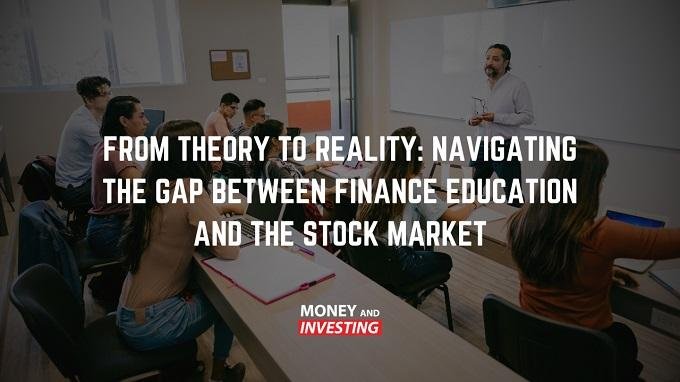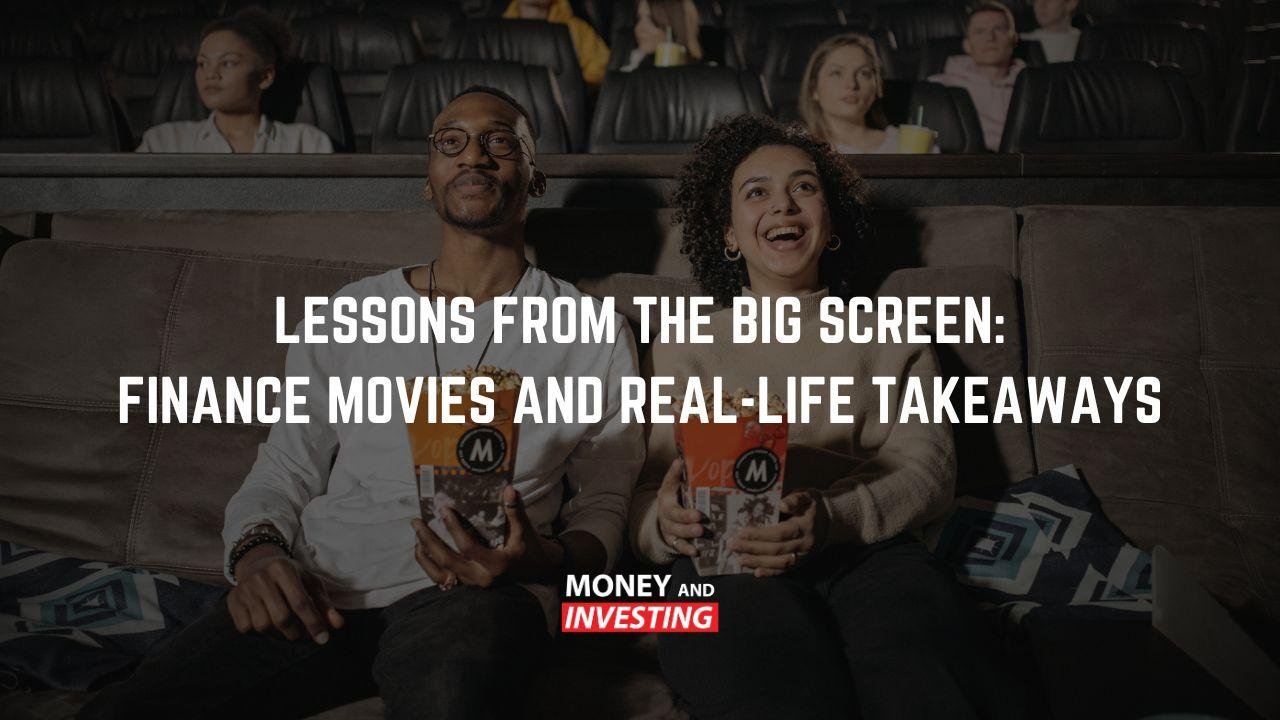Unlocking The Secrets Of The Australian Property Market: Insights By Andrew Baxter
The Australian property market has long been a lucrative investment opportunity, drawing both local and international investors. However, with constant fluctuations in prices, interest rates, and demand, it can be challenging to navigate. Andrew Baxter, a leading expert in the field of property investment, shares his invaluable insights to help you understand and succeed in Australia’s property market.
1. Understanding Market Cycles
One of the key factors to mastering the Australian property market is understanding its cyclical nature. According to Andrew Baxter, property prices tend to move in cycles of growth, stagnation, and decline. To succeed, investors need to time their investments strategically—buying during a market downturn and selling during growth phases. By keeping a close eye on economic indicators, interest rates, and local property trends, investors can spot these cycles and make smarter decisions.
https://otherarticles.com/education/online-education/367818-unlocking-the-secrets-of-the-australian-property-market-insights-by-andrew-baxter.html
#AndrewBaxter
#AustralianInvestmentPodcast
#MoneyInvestmentPodcast
#HowtoInvestMoneyOnline
#TradingCourseAustralia
#StocktradingcoursesAustralia
#SharetradingcoursesAustralia
#MoneyAndInvesting
The Australian property market has long been a lucrative investment opportunity, drawing both local and international investors. However, with constant fluctuations in prices, interest rates, and demand, it can be challenging to navigate. Andrew Baxter, a leading expert in the field of property investment, shares his invaluable insights to help you understand and succeed in Australia’s property market.
1. Understanding Market Cycles
One of the key factors to mastering the Australian property market is understanding its cyclical nature. According to Andrew Baxter, property prices tend to move in cycles of growth, stagnation, and decline. To succeed, investors need to time their investments strategically—buying during a market downturn and selling during growth phases. By keeping a close eye on economic indicators, interest rates, and local property trends, investors can spot these cycles and make smarter decisions.
https://otherarticles.com/education/online-education/367818-unlocking-the-secrets-of-the-australian-property-market-insights-by-andrew-baxter.html
#AndrewBaxter
#AustralianInvestmentPodcast
#MoneyInvestmentPodcast
#HowtoInvestMoneyOnline
#TradingCourseAustralia
#StocktradingcoursesAustralia
#SharetradingcoursesAustralia
#MoneyAndInvesting
Unlocking The Secrets Of The Australian Property Market: Insights By Andrew Baxter
The Australian property market has long been a lucrative investment opportunity, drawing both local and international investors. However, with constant fluctuations in prices, interest rates, and demand, it can be challenging to navigate. Andrew Baxter, a leading expert in the field of property investment, shares his invaluable insights to help you understand and succeed in Australia’s property market.
1. Understanding Market Cycles
One of the key factors to mastering the Australian property market is understanding its cyclical nature. According to Andrew Baxter, property prices tend to move in cycles of growth, stagnation, and decline. To succeed, investors need to time their investments strategically—buying during a market downturn and selling during growth phases. By keeping a close eye on economic indicators, interest rates, and local property trends, investors can spot these cycles and make smarter decisions.
https://otherarticles.com/education/online-education/367818-unlocking-the-secrets-of-the-australian-property-market-insights-by-andrew-baxter.html
#AndrewBaxter
#AustralianInvestmentPodcast
#MoneyInvestmentPodcast
#HowtoInvestMoneyOnline
#TradingCourseAustralia
#StocktradingcoursesAustralia
#SharetradingcoursesAustralia
#MoneyAndInvesting
0 Comments
0 Shares




